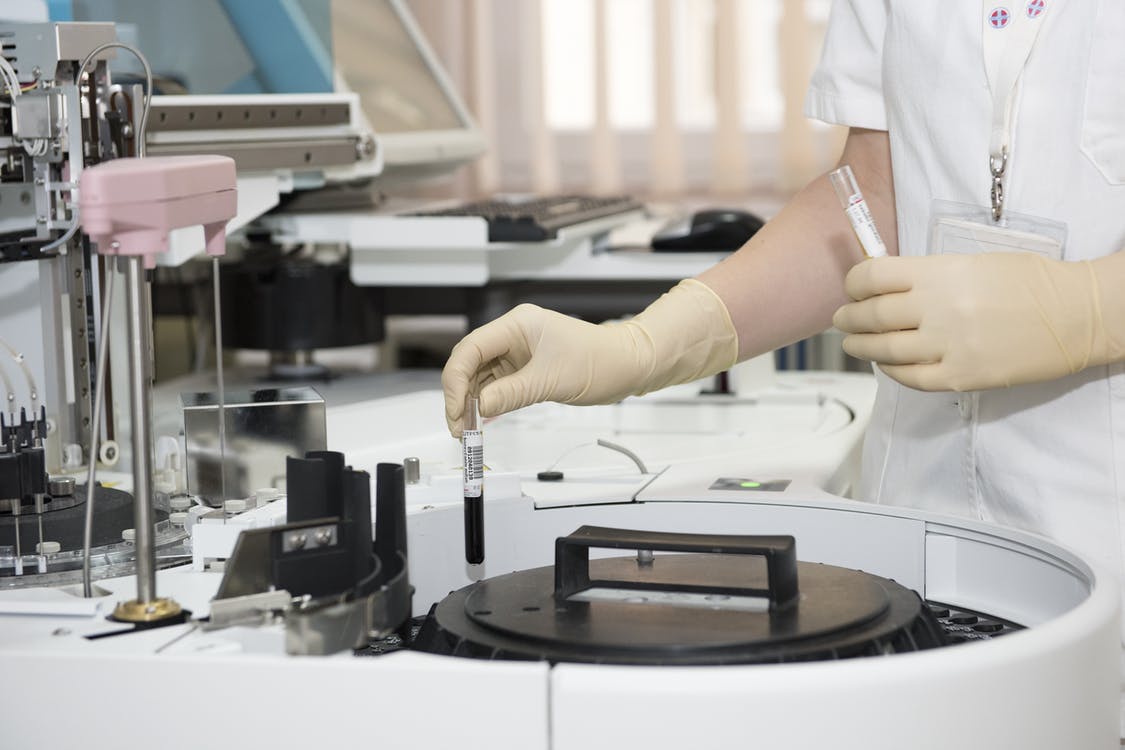
|
(519) 742-7774 Free initial Consultation Home and Hospital Visits Available |
|||
Enhancing Diagnosis of Mild Traumatic Brain Injury with Biomarker Blood Tests: Why You Need an Experienced Personal Injury Lawyer if You Sustain a Brain Injury in an Accident |
|
October 26, 2023, Kitchener, Ontario Posted by: Robert Deutschmann, Personal Injury Lawyer
A study led by Monash University and The Alfred Emergency Department in Melbourne, Australia, has made significant strides in this field. The study, published in the Journal Neurology, focused on a combination of biomarkers, including interleukin-6 (IL-6), glial fibrillary acidic protein (GFAP), and ubiquitin C-terminal hydrolase L1 (UCH-L1). This combination of protein biomarkers has shown remarkable discriminatory ability, particularly in patients with mTBI who are under the age of 50 and presented to an emergency department within six hours of the injury. The Challenge of Diagnosing Mild Traumatic Brain InjuryDiagnosing mTBI has been historically challenging. Clinicians have relied on often-subjective observations of physical signs and self-reported symptoms, neither of which are specific to mTBI and can evolve rapidly. This subjective nature of diagnosis can result in patients being discharged without a definitive diagnosis, leading to potential complications down the road. The lead investigator of the study, Dr. Stuart McDonald, highlighted the difficulties in diagnosing mTBI and the significance of their findings: "Concussion diagnosis is notoriously challenging because of the subjective nature of physical signs and symptoms, which are often subtle and rapidly changing. Our findings showed that the panel of biomarkers we assessed performed really well, even in patients who lacked the more overt signs of concussion, such as loss of consciousness or post-traumatic amnesia." The Promise of Biomarker Blood Tests in mTBI DiagnosisIn 2018, the United States Food and Drug Administration (FDA) approved a blood test using the Banyan Brain Trauma Indicator, which measures GFAP and UCH-L1. This test aimed to determine the necessity of a CT scan in cases of suspected mTBI. While it represented a significant step forward in mTBI diagnosis, researchers in the recent study were determined to find a better combination of biomarkers that could provide even more accurate results. The combination of IL-6, GFAP, and UCH-L1 emerged as a promising trio of biomarkers for mTBI diagnosis. This combination exhibited both sensitivity and specificity in distinguishing mTBI patients who did not present with significant symptoms and even those who lacked the more overt signs of concussion. In essence, this means that even when the symptoms of mTBI are subtle, this biomarker combination can offer a reliable means of diagnosis. The Legal Implications in OntarioIn a legal context, the development of a more accurate and objective diagnostic tool for mTBI is significant. In Ontario, like many other jurisdictions, personal injury law cases often involve mTBI. These cases frequently arise from various accidents, including car accidents, slip and falls, and workplace incidents. The challenge in legal cases frequently revolves around proving the existence and impact of mTBI. The introduction of a reliable blood test for mTBI diagnosis can have substantial legal implications. It can provide concrete medical evidence of the injury, making it easier for individuals to establish causation between the accident and the injury. This development is especially relevant in personal injury claims where plaintiffs must demonstrate the extent of their damages, including medical expenses, lost income, and pain and suffering. The use of biomarker blood tests could expedite the diagnosis and treatment of mTBI, potentially preventing long-term complications. This, in turn, could influence the calculation of damages and the legal outcomes of mTBI cases in Ontario, ensuring that individuals receive the compensation they deserve |
|
| Posted under traumatic brain injury
View All Posts |
|
About Deutschmann Law Deutschmann Law serves South-Western Ontario with offices in Kitchener-Waterloo, Cambridge, Woodstock, Brantford, Stratford and Ayr. The law practice of Robert Deutschmann focuses almost exclusively in personal injury and disability insurance matters. For more information, please visit www.deutschmannlaw.com or call us at 1-519-742-7774.
|
|
Contact us for a
free initial consultation |
Personal Injury Blog
Connect with us
Deutschmann Law concentrates its practice in matters concerning car accidents, motorcycle accidents, pedestrian accidents,bicycle accidents, catastrophic injury, serious injury, brain injury, spinal cord injury and disability insurance claims. Serving Kitchener, Waterloo, Cambridge, Brantford, Ayr, Woodstock, Guelph, Milton, Elmira, Tavistock, Tillsonburg, Ingersoll, Norwich, Elora, Fergus, New Hamburg, Ontario and surrounding areas. “Deutschmann Law Professional Corporation” is practicing under the name Deutschmann Law. © 1998 - 2025 Deutschmann Law Accident, Injury Lawyers and Disability Lawyer Site Map Disclaimer Website by We Think Solutions Full Site | Mobile Site |

